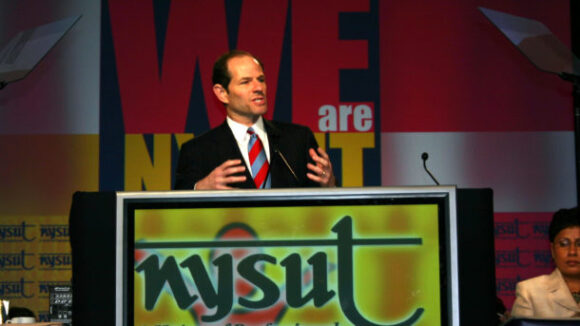Right To Work Helps Fuel the Jobs Engine
The publisher of Virginia Business, Bernie Niemeier, reminds readers among the natural advantages of states such as California, New York and Virginia it is often the "legal advantages" "like being the northernmost Right To Work state and having reasonable tort laws and a relatively low corporate income tax rate" that separates Virginia from the pack.
Excerpts from Niemeier's editorial, Job creation is fueled by existing business expansion:
Over the past few years, Virginia’s economic development news has been full of big marquee names: Volkswagen, Altria, Hilton, SAIC, Northrop Grumman and others. The commonwealth has held a winning hand in the high-profile game of attracting corporate headquarters from California, New York and other states.
Natural advantages such as the Port of Virginia, Dulles Airport and proximity to Washington, D.C., are important parts of our success. Legal advantages — like being the northernmost right-to-work state and having reasonable tort laws and a relatively low corporate income tax rate — also make Virginia an attractive place to do business.
When high-profile new business announcements are made, many take credit and rightfully so. Major out-of-state and international relocations involve the governor’s office, the Virginia Economic Development Partnership (VEDP), regional economic development alliances and local-level economic development offices.
We’ve been a little less than humble in continually reminding ourselves and others of our reputation as the best-managed state, one of the best states in which to do business and the most business-friendly state, among other accolades.
But perhaps Virginia’s existing businesses have been too humble in taking credit for the jobs their expansion and growth have created, especially during difficult economic times. In fact, existing businesses have led the commonwealth in job creation over the past several years.




